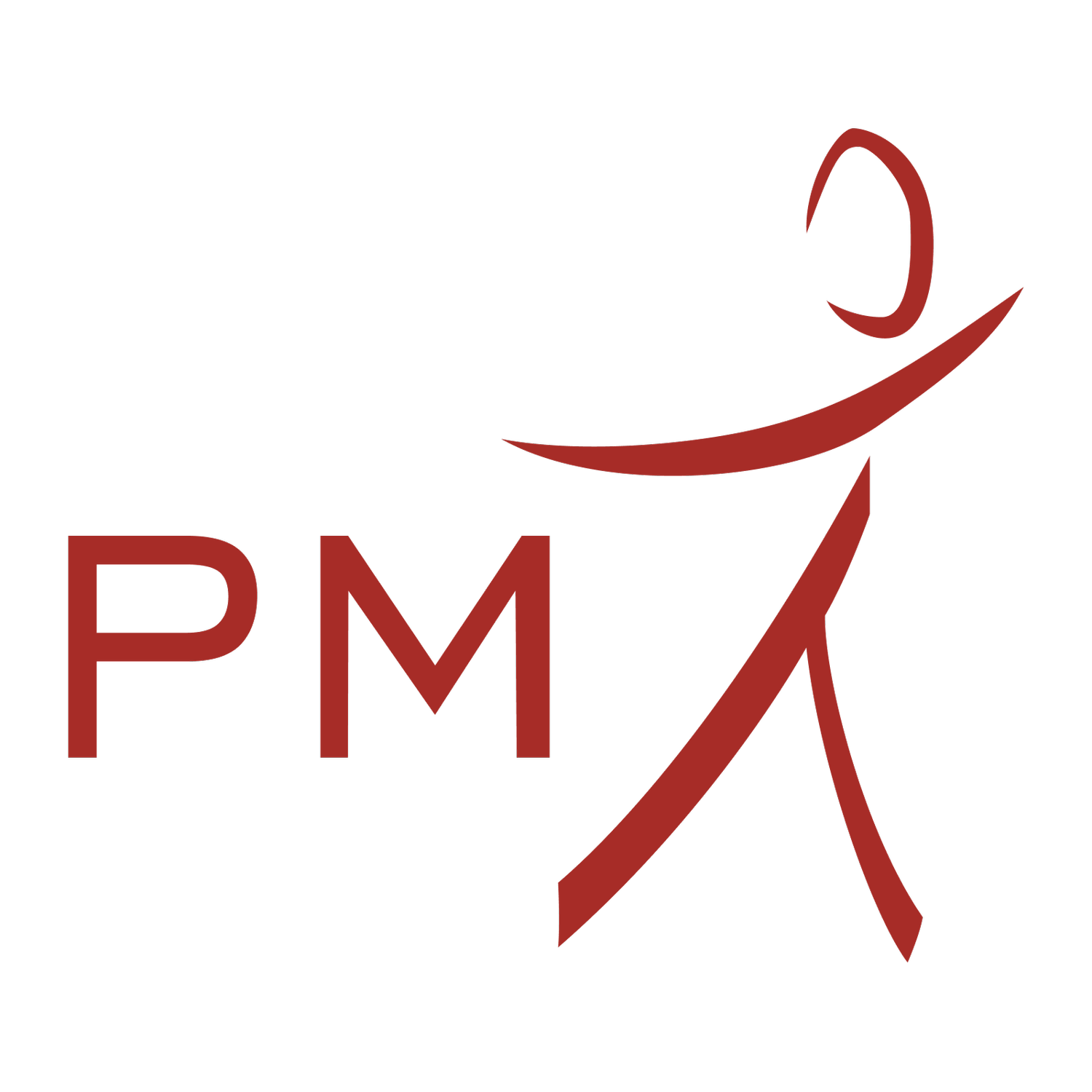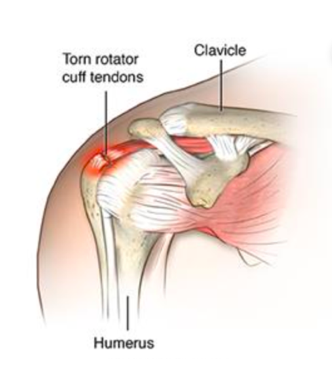Shoulder Pain
Common Shoulder Injuries
Shoulder pain and stiffness is a common complaint amongst both athletic populations and sedentary groups. In particular, it occurs with sporting activities requiring overhead arm positions or throwing actions such as tennis, cricket, baseball, golf, badminton, swimming, resistance training, and basketball. Trauma in contact sports such as rugby is also frequent. However, shoulder problems also arise frequently in a sedentary population due to poor postures. In all of these cases, the most common injury is known as ‘shoulder impingement’ associated with a ‘rotator cuff tendonitis’.
Shoulder Impingement & Rotator Cuff Tendonitis
The rotator cuff is made up of four muscles that help move and stabilize the shoulder joint (supraspintaus, infraspinatus, trees minor & subscapularis). Damage to any, or all of the four muscles and the ligaments that attach these muscles to bone can occur because of acute injury, chronic overuse, or ageing. This damage can cause significant pain and disability associated with stiffness and dysfunction.
The shoulder is a ball-socket joint that allows the arm to move in many directions. It is made up of the humeral head (the upper end of the bone of the upper arm) fitting into the glenoid fossa of the scapula (shoulder blade). The humeral head is kept in place by the joint capsule, glenoid labrum (thick cartilage around the socket) and the rotator cuff muscles. The rotator cuff muscles are the dynamic stabilizers and movers of the shoulder joint and adjust the position of the shoulder girdle during arm movement.
Shoulder impingement refers to the rotator cuff tendons or the surrounding soft tissue being impinged or compressed as they pass through bony structures of the shoulder. Rotator cuff tendonitis refers to the inflammation of these tendons due to any trauma or injury.
What Are the Signs & Symptoms of Shoulder Impingement & Rotator Cuff Tendonitis?
A deep ache in the shoulder that may radiate to the outside upper arm over the deltoid muscle
Sharp catching pain or gradual increasing pain
Pain on movements involving elevation and often worse above shoulder height
Pain at night particularly when side lying
Weakness when using the arm
May lead to a chronic rotator cuff tear
What Are the Causes?
The causes for both of these conditions are:
Acute strains of the rotator cuff from trauma or injury leads to inflammation & swelling that reduces space for the tendons to move
Chronic repetitive sporting or functional activities
Asymmetry in other regions of the body placing excessive loads on the shoulder girdle
Ageing results in a decrease blood supply to the rotator cuff tendons
Bony spurs at the acromio-clavicular joint (tip of the shoulder).
How Does Physiotherapy Help?
At PhysioMotion, our Physiotherapists will perform a comprehensive assessment to diagnose the cause of your shoulder problem and start a progressive treatment protocol to expedite recovery for a return to sport and function. Early intervention is highly recommended to prevent
In addition to our treatment principles for joint pain, our Physiotherapists will look at symptom modification techniques to immediately address acute pain. This will include assessing the biomechanics of the thorax, shoulder girdle, neck and all other relevant regions of the body. In addition, we will address any weakness, instability or muscular imbalance to prevent recurrence.
If the problem stemmed from a sporting activity, then analysis of your sporting technique will be conducted.
Surgery is not usually indicated with shoulder impingement and rotator cuff tendonitis, but your Physiotherapist will recommend further investigation if required.


